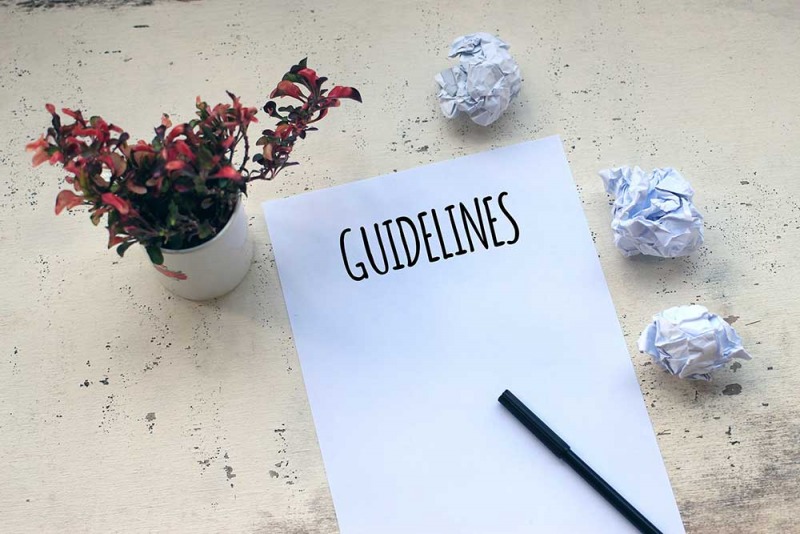A message to junior lawyers: How to know when to break general career rules
As a legal recruitment consultant, one of the most important and enjoyable aspects of my job is helping lawyers test their career-related assumptions. This is especially true with junior lawyers; you don’t typically learn about managing your career in law school, so most lawyers start navigating their careers through instinct and by what is passed down from others. Certain beliefs have been passed down more regularly through the years and have effectively evolved into “general rules” — while these general rules can be helpful, as with all rules it is key to know the exceptions to ensure they actually serve you.
All law firms are the same. Lawyers often assume that all law firms are the same and conclude by default that they couldn’t be happier elsewhere. For some, this general rule applies neatly to their circumstances. While there are certain elements that are very similar across firms (the billable hour, the practice of the law, partnership structures), cultural and practice-related differences between firms, and often within a firm, can vary quite considerably. Accordingly, in order to clarify whether you might actually want to consider a lateral move, it is key to determine the specific variables that you would like to change in your day-to-day practice — a shift in billable hour or business development expectations, degree of mentorship and amount of autonomy, as examples, can have profound impacts on your happiness.
Just stick it out for another year. It is generally true that options for junior lawyers tend to open up after a few years of practice. It is also true that continuity on your resume can help your marketability — it demonstrates loyalty, employability and suggests a progression of skills. That said, it can also hurt you to stay for the sake of staying, especially if you are passing up external opportunities that could be clearly more suitable for you and your goals.
If you are in a situation where you know you want to eventually leave but aren’t sure on timing, then examine carefully what you are setting to accomplish by staying. Instead of focusing on staying until a certain date or until your next year-of-call, specify what you’d like to gain and be able to walk away with. Perhaps it is to be able to run a certain type of deal or trial from beginning to end, just make sure that your goals are specific and actionable to ensure you are being purposeful with your time.
Don’t pigeonhole yourself. Committing to a certain practice area can be a daunting exercise for a junior lawyer; you want to keep your options open. Eventually, however, unless you develop expertise in a given area your skills will likely plateau relative to your specialist peers. Some lawyers intentionally pursue a generalist practice, especially in smaller or suburban communities, but many lawyers are unintentionally left with a “jack of all trades, master of none” skill base by never choosing a path. With time, lawyers who specialize actually tend to be exposed to the greatest amount of exceptional options — clients and employers alike want to hire masters in their trade, especially in saturated markets.
Mark Twain once said, “It’s not what we don’t know that gets us in trouble. It’s what we know for sure that just ain’t so.” General rules can be powerful tools to help inform your career decisions but, without careful consideration, they can also hurt your progress.
If you are interested in testing your career assumptions with proven professionals, feel free to contact a member of our specialist legal recruitment team for a confidential discussion.
– David Namkung, Partner


